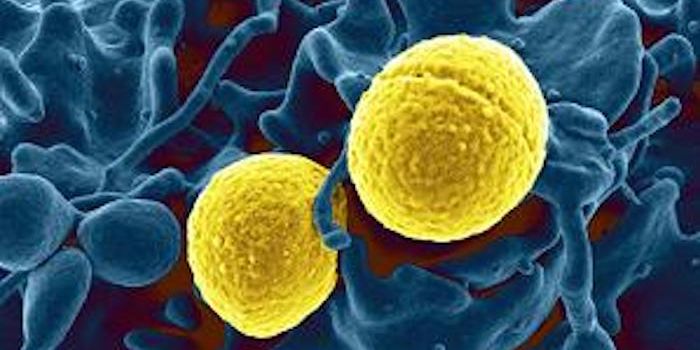Scientists Identify a Kind of Genetic Anxiety Switch
While it's normal to be a little anxious about stressful life events or problems, anxiety can also start to interfere with some people's daily functioning, and may persist for months or even years. This type of chronic anxiety is common, and is thought to affect about one in five people. Although there are treatments for anxiety disorders including therapy and medication, these approaches do not work for everyone; about one-third of anxiety patients do not experience sustained relief by using anti-anxiety medication. Scientists have now identified a kind of genetic switch that seems to trigger certain regions of the brain, and altered anxiety levels in a mouse model. The findings have been reported in Molecular Psychiatry.
Only about two percent of the human genome codes for protein, and the remaining sequence was once disregarded as irrelevant. There also haven't been many tools that could be used to study these non-coding portions. But in recent years, scientists have found many parts of the non-coding genome that have important roles, often in the regulation of protein-coding gene's activity.
"We already know that 95 percent of the genetic differences associated with disease are found outside of protein-coding genes," noted study leader Professor Alasdair Mackenzie of the University of Aberdeen. The Mackenzie lab is focused on studying important regions of the non-coding genome.
Many parts of the non-coding genome have been maintained for hundreds of millions of years and are present in many species, like humans and mice; these regions are said to be conserved. "Our unique approach is to use CRISPR to delete these conserved switches from mice and then study their role in mood, food intake, and preference for alcohol," explained Mackenzie.
In this work, the researchers zeroed in on a genetic feature called an enhancer, which can increase the expression of genes; this enhancer is called BE5.1, and it affects a gene known as BDNF (brain-derived neurotrophic factor). When deleted from the mouse genome, it raised the anxiety levels of female mice. It is also located within the BDNF gene in an intron, a sequence that is spliced out of the gene before it is transcribed into protein. The investigators suggested that BE5.1 is one part of a complex biological system that modulates anxiety.
This research adds to the list of conserved sequences in the non-coding genome that the Mackenzie lab has determined could be relevant to behavioral conditions like appetite and alcohol consumption.
More research will be needed to determine whether this genetic sequence is affecting anxiety levels in people.
Sources: University of Aberdeen, Molecular Psychiatry









